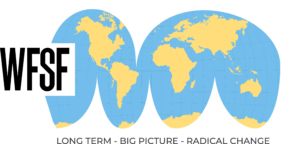This Policy Note summarizes the main content of the workshop on ‘Inequality, Inclusive Growth and the post-2015 Framework’ convened by UNCDF – in cooperation with UN-DESA and UNDP – on
March 7th, 2013 in New York.
The workshop brought together some of the lead thinkers on the topic of inequality. These included senior officials from UN Agencies, National governments as well as senior representatives from the private, academic and NGO sectors. This multi-stakeholder approach allowed discussing perspectives on inequality from organizations as diverse as ILO, UNAIDS, UNDP, UN-DESA, UN-Habitat, UNICEF, UNWomen, OECD, Oxfam, Save the Children, Google.org, London School of Economics, Urban Institute, United Cities and Local Governments (UCLG), Citi and UNCDF.
The Note addresses 3 key questions: (1) Why is inequality a critical topic in the context of the post-2015 discussions? This section presents some of the current trends in inequality with particular
emphasis on developing countries. (2) What are the key dimensions of inequality? This section ‘un-packs’ the concept of inequality. It explains that inequality can mean different things to different
people. And that it needs to be understood and addressed as cross-cutting issue. (3) How can inequality be integrated into the post-2015 framework? This section highlights some of the options
for including set of measurements of inequality in the post-2015 development framework and discusses the political and technical challenges involved.
Read full article
